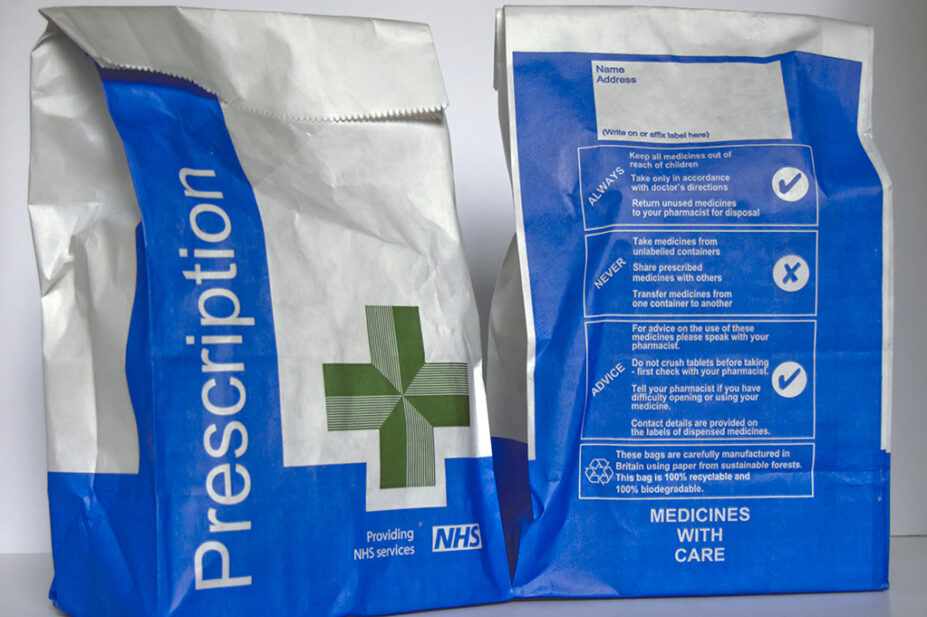
IAN GOWLAND / SCIENCE PHOTO LIBRARY
The Department of Health and Social Care (DHSC) has announced that it will not proceed with a proposal to increase the upper age exemption for prescription charges in line with the state pension.
In a statement published on 15 June 2023, the government said that its consultation, which ran for 9 weeks, received more than 117,000 responses and that “the majority of which were opposed to a rise in the upper age exemption”.
“Some of the reasons given for opposing the change included cost of living pressures and the risk to health of people not taking prescribed medication correctly,” the statement said.
On 1 July 2021, the government published its plan to raise the qualifying age for free prescriptions to 66 years, meaning that those aged 60 to 65 years would be expected to pay for their medicines.
At the time of the proposal, the DHSC estimated that the change could raise “up to £300m more for the NHS by 2026/2027”.
However, after encouraging people to share their thoughts via an online consultation, it said: “This government is committed to tackling cost of living pressures and has decided that the prescription charge upper age exemption will remain at 60 [years], meaning that it will not align to the state pension age.”
No changes were proposed to other charge exemptions.
Leyla Hannbeck, chief executive of the Association of Independent Multiple Pharmacies, commented: “England remains the only country in the UK that charges for prescriptions.
“We are the tax collectors for the department of health on prescription charges but none of that money comes back into community pharmacies,” she added.
Prescription charges were abolished in Wales and Scotland in 2007 and 2011, respectively.
However, prescription costs in England are on the rise: in March 2023, the government announced an inflationary increase of 3.2%, bringing the prescription charge up to £9.65.
In March 2023, a survey of 4,014 people with long-term conditions carried out by the Prescription Charges Coalition — a campaign set up to abolish the prescription charge for people with long-term conditions — found that 1 in 10 (9%) were not able to collect their prescriptions in the past 12 months owing to the cost. With 15 million people in England living with long-term conditions, this could equate to hundreds of thousands of people going without medicines they need.
1 comment
You must be logged in to post a comment.



Whilst the news that the government is scrapping the plans to make 66 the cut off age for prescription levies is welcome, it really irritates me when the Prescription Charges Coalition claim that people with long term conditions are unable to collect their medication because they can't afford the prescription charges. They are, I feel, being more than a little disingenuous in this as they are, or should be, aware that anyone having to pay prescription charges can get relief from these by buying a pre-payment certificate.
Pharmacists are not blameless in this. Anyone collecting more than three items on a regular basis who have to pay, should be counselled on how it would benefit them if they had a pre-payment certificate.
The NHS provide these certificates to help people who have long term conditions which aren't eligible for free prescriptions. Yet when the news of raised prescription charges appears on TV, people will spring up claiming they won't be able to afford their medication, and their condition will get worse because of a lack of medication.
Where are the pharmacists advising these people?
Regards
Bob Dunkley
Retired Pharmacist